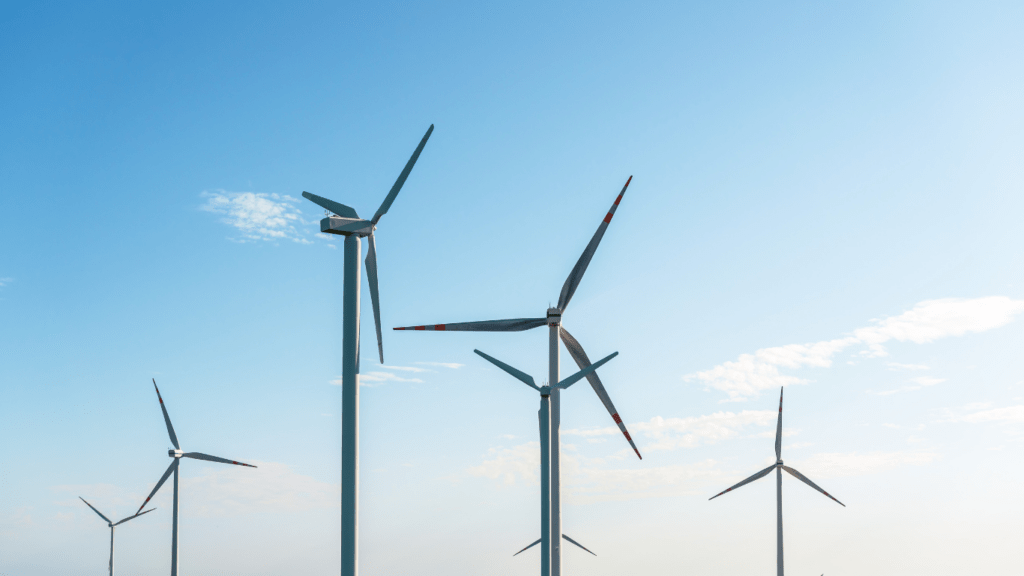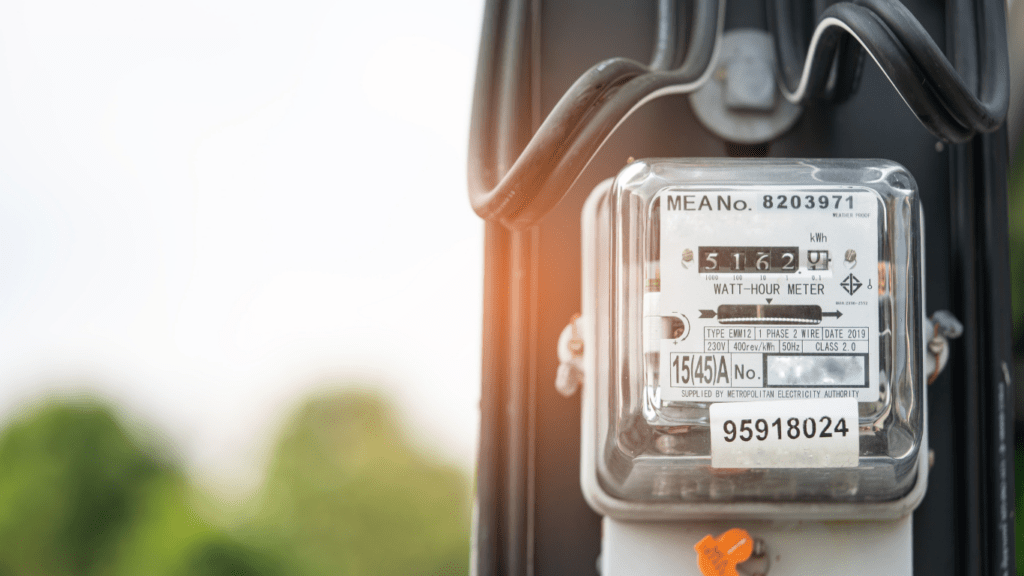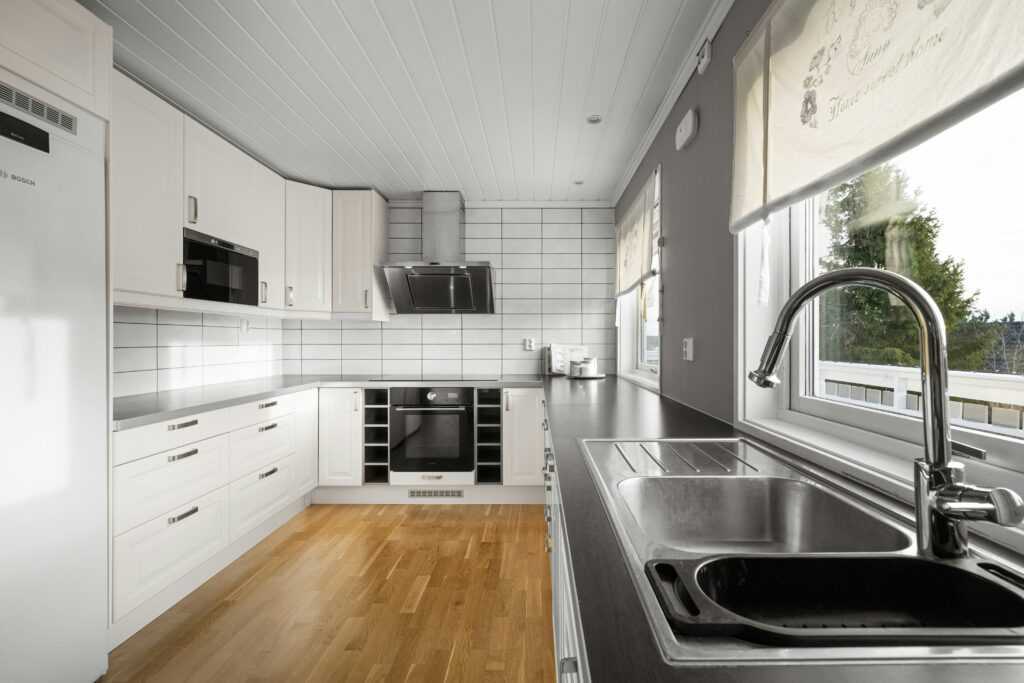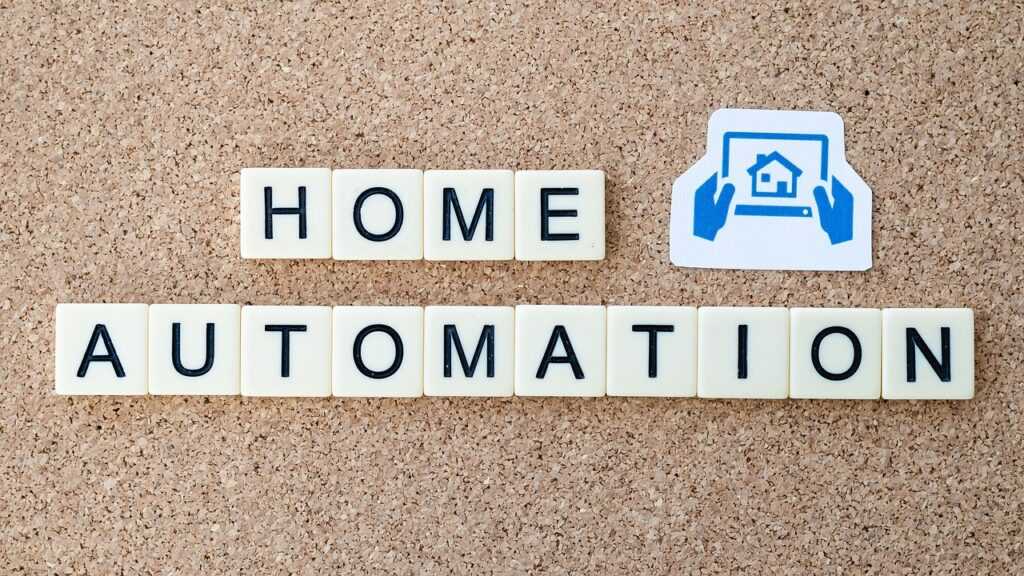In today’s fast-paced world, finding ways to save on energy bills while reducing our carbon footprint is more important than ever. As someone who is passionate about sustainable living, I’ve delved into the realm of energy efficiency and discovered a world of smart home solutions that not only lower utility costs but also contribute to a greener environment.
Imagine coming home to a space that not only meets your needs but also operates efficiently, optimizing energy usage without sacrificing comfort. From smart thermostats that learn your preferences to energy-efficient appliances that help cut down on electricity consumption, the possibilities for creating an eco-friendly and cost-effective home are endless.
Join me on a journey to explore the latest innovations in energy-efficient technology and discover how simple changes in your home can lead to significant savings on your monthly bills. Let’s empower ourselves to make a positive impact on both our finances and the planet with smart home solutions designed for a more sustainable future.
Understanding Energy Efficiency in Smart Homes
Energy efficiency in smart homes is a crucial aspect of reducing utility costs and promoting eco-friendly living. I believe that optimizing energy usage within our homes not only leads to financial savings but also plays a vital role in creating a sustainable environment for future generations. By incorporating smart technology and simple adjustments, homeowners can significantly enhance their energy efficiency levels.
Smart homes utilize a combination of devices and systems that are interconnected to automate and control household functions efficiently. Through the integration of smart thermostats, lighting systems, and appliances, homeowners can regulate energy consumption more effectively. For example, smart thermostats adjust temperature settings based on the occupants’ schedules, optimizing heating and cooling activities without unnecessary energy wastage.
Energy-efficient appliances are another cornerstone of smart homes. These appliances are designed to consume less energy while maintaining high performance standards. By investing in energy-efficient refrigerators, washing machines, and dishwashers, homeowners can reduce their electricity consumption and lower their utility bills over time. Such appliances often come with energy-saving modes and are built with advanced technologies to minimize energy usage without compromising functionality.
In addition to technological solutions, making simple changes in daily habits can also contribute to improved energy efficiency in smart homes. Turning off lights when not in use, unplugging electronics, and utilizing natural light sources are small yet effective ways to reduce energy consumption. These practices, when combined with smart technology, can have a significant impact on overall energy efficiency levels within a household.
Understanding the principles of energy efficiency in smart homes is key to achieving lower utility bills and creating a more sustainable living environment. By leveraging smart technologies, incorporating energy-efficient appliances, and adopting energy-conscious habits, homeowners can make a positive impact on both their finances and the planet.
Benefits of Energy-Efficient Smart Home Solutions
Energy-efficient smart home solutions offer a range of advantages, making them a smart choice for homeowners looking to reduce costs and live more sustainably.
Reduced Energy Consumption
By incorporating energy-efficient smart home solutions, I optimize energy usage throughout my house. Smart devices like programmable thermostats and smart lighting systems automatically adjust settings based on my preferences and habits, reducing unnecessary energy consumption.
Cost Savings on Utility Bills
Investing in energy-efficient smart home solutions translates to significant savings on my monthly utility bills. Smart appliances, such as energy-efficient refrigerators and washing machines, consume less power, leading to lower electricity costs over time. By implementing these solutions, I see a noticeable decrease in my utility expenses, helping me save money while being environmentally conscious.
Implementing Energy-Efficient Technologies

When it comes to implementing energy-efficient technologies in your home, there are several solutions that can help lower your energy bills and reduce your carbon footprint. By utilizing smart home devices and energy management systems, you can optimize your energy consumption and save money in the long run. Here are some key technologies to consider:
Smart Thermostats and Energy Management Systems
Smart thermostats are cutting-edge devices that allow you to control your home’s temperature remotely and set schedules for heating and cooling. These thermostats learn your preferences over time and adjust settings to maximize efficiency. By using a smart thermostat, you can optimize energy usage and save on heating and cooling costs. Additionally, energy management systems provide insights into your energy consumption patterns, allowing you to identify areas where you can make further efficiency improvements. By integrating these technologies into your home, you can enjoy a comfortable living space while reducing your energy expenses.
Choosing the Right Appliances for Energy Efficiency
When selecting appliances for energy efficiency in a smart home setup, it’s crucial to consider specific factors that can optimize energy consumption. Energy-efficient appliances not only help lower utility bills but also minimize environmental impact. Here are essential considerations for choosing the right appliances for energy efficiency:
- Energy Star Ratings: Look for appliances with Energy Star ratings. These ratings indicate that the appliance meets strict energy efficiency guidelines set by the Environmental Protection Agency. Energy Star appliances use less energy, reducing your overall electricity consumption.
- Size and Capacity: Opt for appliances that match your household’s needs in terms of size and capacity. Choosing excessively large appliances can lead to wasted energy, while undersized appliances may work harder, consuming more power.
- Modern Features: Select appliances with modern energy-saving features such as inverter technology in refrigerators, quick wash cycles in washing machines, and convection settings in ovens. These features help optimize energy usage without compromising performance.
- Programmable Settings: Look for appliances with programmable settings that enable you to customize energy usage based on your schedule. Features like timers and delayed start options allow you to run appliances during off-peak hours when energy costs are lower.
- Energy Usage Information: Prioritize appliances that provide real-time energy consumption data. This information empowers you to make informed decisions about your energy usage habits and identify opportunities to further reduce consumption.
By carefully selecting energy-efficient appliances with the right features and considering energy-saving practices, you can maximize energy savings in your smart home while enjoying the benefits of a more sustainable lifestyle.



